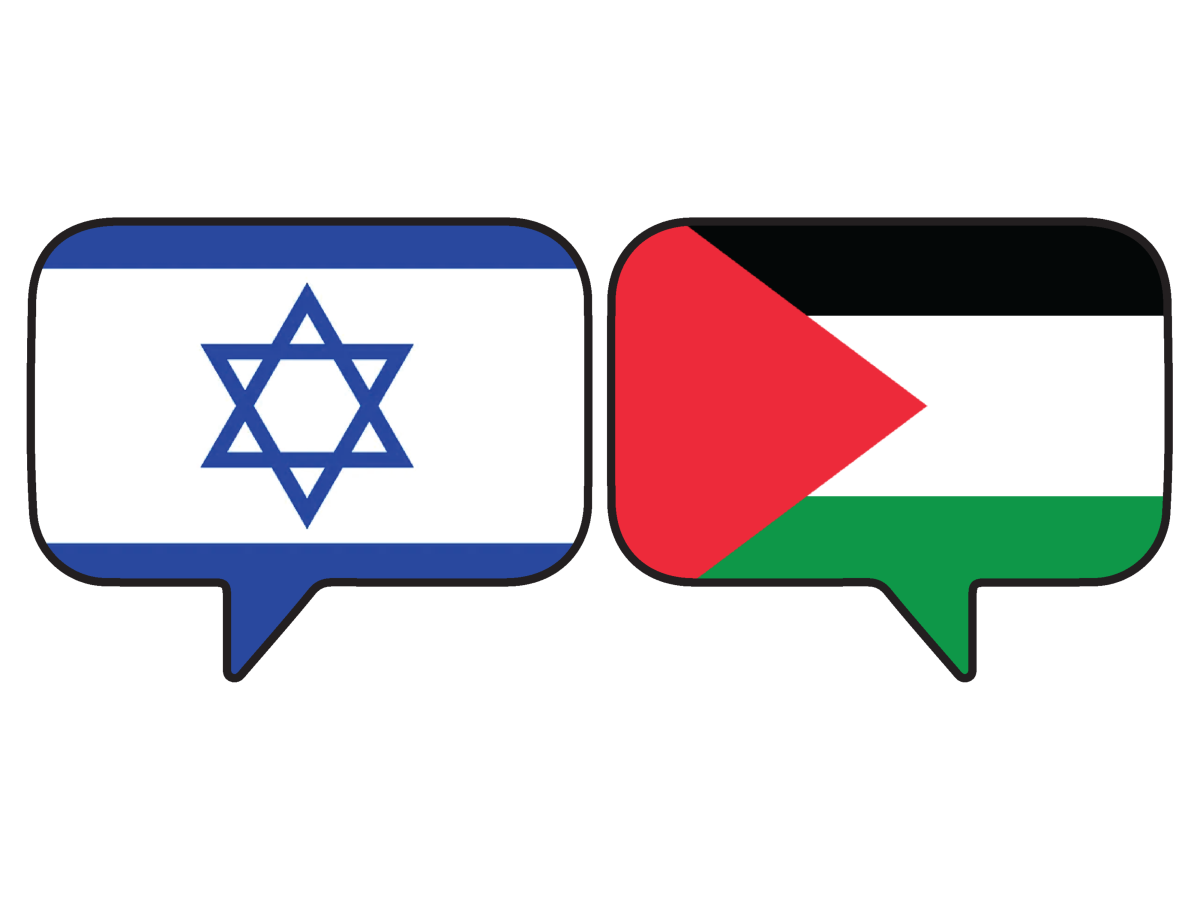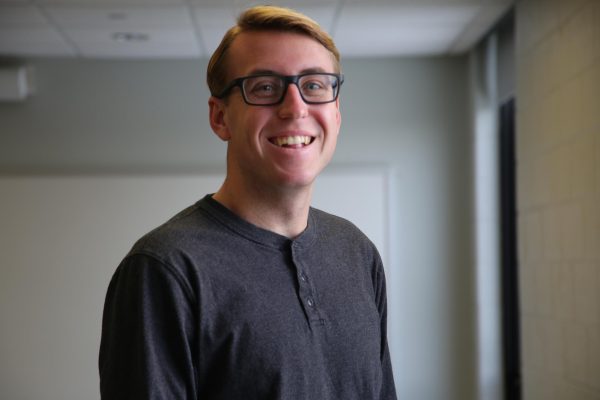The university hosted a Gaza Teach-In webinar April 15 led by Zachary Foster, Ph.D., senior fellow with the Center for Security, Race and Rights at Rutgers University.
Foster’s presentation provided a history of the geopolitics of Palestine in the 20th and 21st centuries, Israeli policies and politics and the leadup to the current war in Gaza. The presentation ended with a Q&A with attendees.
Foster provided a detailed history of the area, from describing how Palestinians used art to promote their independence, to how Hamas rose in popularity and power.
Co-sponsored by the Faith-Justice Studies program, the history department and University Student Senate, the event was organized by Umeyye Isra Yazicioglu, Ph.D., associate professor of Islamic studies in the department of theology and religious studies, with assistance from Amber Abbas Ph.D., associate professor of history and director of the Nealis Program in Asian Studies.
Before the webinar, Yazicioglu said the event was intended to provide information for important discussions about current events.
“[The conflict] shouldn’t be something we can’t talk about, especially [since] we have indirect responsibility as people who pay tax[es] and people who vote [while] our representatives and our government is taking one position unconditionally,” Yazicioglu said. “That’s to the detriment of everybody, not just Palestinians, but for Israelis as well. It is not peace.”
Yazicioglu said she hoped to continue having these conversations in the future and to contribute to the discussions about Israel and Gaza at St. Joe’s.
“Why does it take so much suffering for us to talk about certain things?” Yazicioglu asked.
Elaine Shenk, Ph.D., professor of Spanish and director of faith-justice studies, said the event is important because the goal of the faith-justice department is to help students analyze and question existing social structures.
“I think that it’s really important that students are understanding contextual background information [and] historical background to understand the current conflict,” Shenk said, “and to not think about it only in terms of what is happening right at this very moment, but to get a bigger picture view of historical issues that have contributed to bringing that region to where it’s at today.”
Abbas emphasized that understanding this conflict will help students understand the world around them.
“This conflict is not over,” Abbas said. “It’s not going away in the foreseeable future, and that means that we need to understand that if we’re going to understand the world we live in. So, to me, that’s the urgency of understanding.”
















































